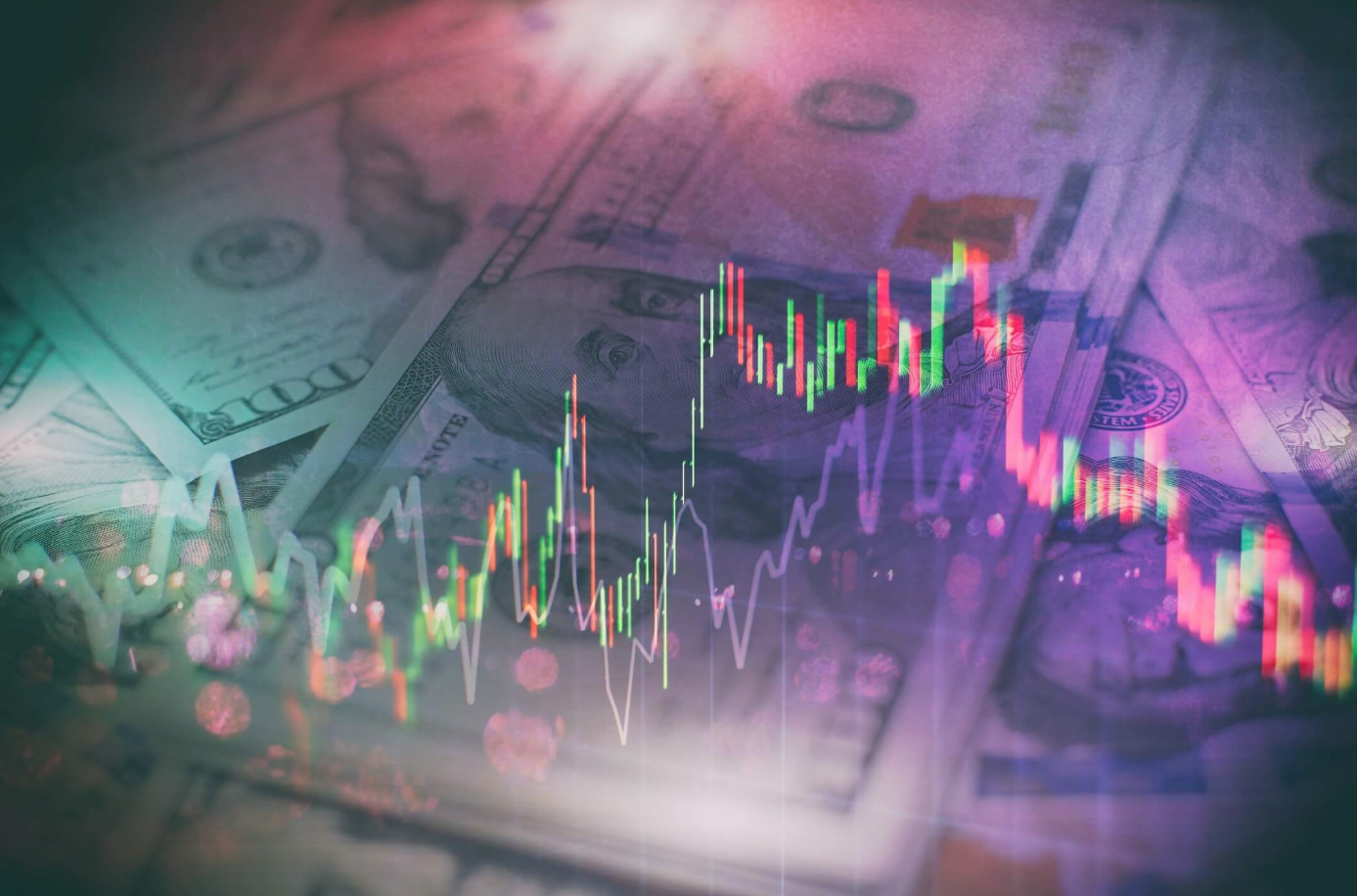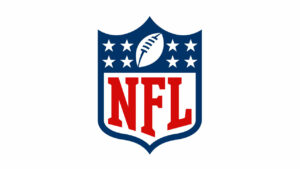Are ethical leaders weak?

In my strategic management classes, I remind my students that a weakness is merely a lack of a resource or capability that one or more competitors might have. For instance, the ability of a restaurant to serve pizza is a strength shared by many players in the industry, but is not a devastating weakness for competitors that perform well despite their not having pizza on their menus. I then emphasize that in this context, having weaknesses is normal. Every organization has weaknesses that limit what it can do, and so does every leader.
However, not everything that limits what can be done is a weakness. For instance, when a leader has decided to strictly abide by a set of ethical principles, the leader will not consider acts that will violate these principles. What then becomes an issue is if the “weaknesses” and limitations that stem from being ethical outweigh the benefits of ethical leadership. Another issue is how ethical leadership might affect the amount of power that a leader can harness. Given that ethical leaders limit their own options by being unwilling to compromise their values, would it be fair to say that ethical leaders are weak?
An ethical leader might be criticized as being too idealistic, too inefficient, or unwilling to do what is needed to succeed. Such criticisms are common in societies that either fail or refuse to reward ethical behavior and instead, occasionally reward unethical behavior. In such environments, the freedom to do business and develop competitive advantages unethically without any negative consequence makes unethical business practices seem essential for superior performance.
However, if regulatory and governing bodies such as the Department of Trade and Industry and the Securities and Exchange Commission can ensure that penalties and punishments for unethical behavior are justly and effectively executed, then the benefits of ethical leadership would be readily apparent. After all, the mere avoidance of harm and other negative consequences would be reason enough for many people to do the right thing regardless of their moral standards.
Furthermore, if these governing bodies could reward good behavior, then perhaps ethical practices could be better encouraged. Unfortunately, the ability to reward ethical behavior usually requires resources, which regulatory bodies may not always have. Consequently, large private companies and professional organizations are often left to fill the void by coming up with their own recognition and reward systems for ethical practices. It would be nice if governing bodies could institute similar systems so that they could promote ethical behavior while also being directly answerable to the public.
It is challenging but possible to transform an environment that is not favorable to ethical leadership into an environment that rewards ethical leaders. However, even such a transformation might not be enough, especially when (even just a few) powerful members and leaders from the economic elite decide that ethical standards should not apply to them. Such behavior can be associated with their ideas on power and how that power is communicated to the public.
Power is broadly defined as the ability to do something or act in a particular way. It can be appreciated in terms of abilities, including, sadly, the ability of a person to get away with violating ethical principles. The more a person can get away with, the more powerful he or she is perceived to be. An ethical leader’s power is therefore “limited” by his or her abiding by ethical principles.
In a sense, persons who are repeatedly being called out for failing to pay penalties or accept their punishments from authorities gain power when they flaunt their ability to escape such obligations. The more publicized such situations are, the greater the unethical persons’ power becomes. These persons subscribe to ethical egoism; their moral decision-making is guided entirely by self-interest. They do not consider the greater good, the rights of others, and their duties to society.
Ethical leaders are strong. It takes mental, emotional, and moral strength to achieve ethical outcomes only through ethical means. Weak leaders will always seek the easiest way out.
What is true of business leaders is also true of a nation’s leaders. This May, we have the opportunity to choose leaders who will consistently shun unethical alternatives despite their seductive fruits. It behooves us to elect leaders who will do the right thing simply because it is the right thing to do.
An engineer, Rafael Gerardo S. Tensuan is a lecturer at the Department of Management and Organization of the Ramon V. Del Rosario College of Business of De La Salle University, and at the Export Management Program of the De La Salle-College of St. Benilde.




